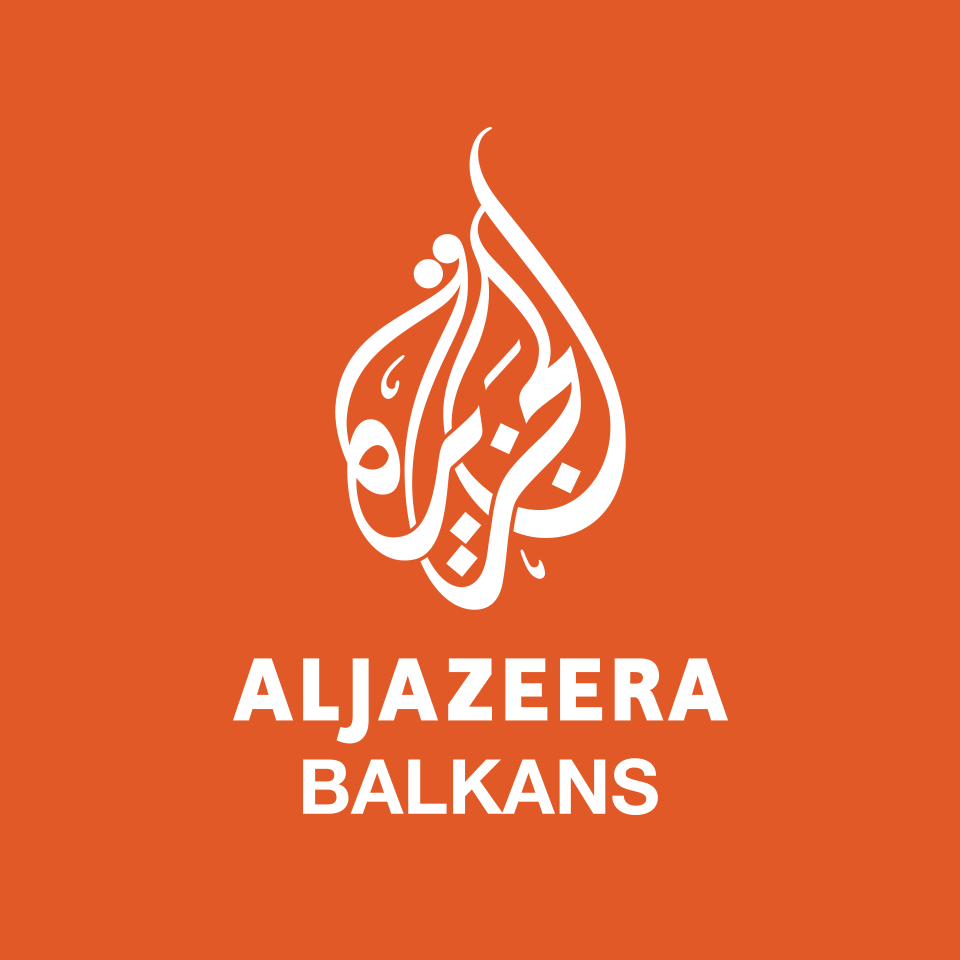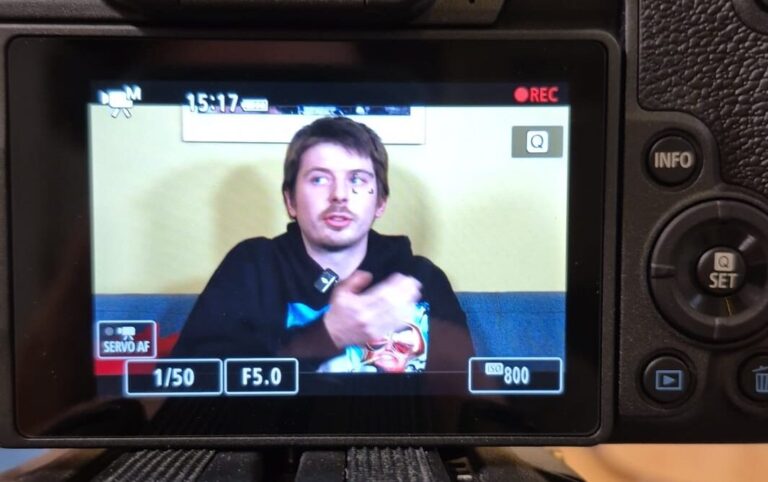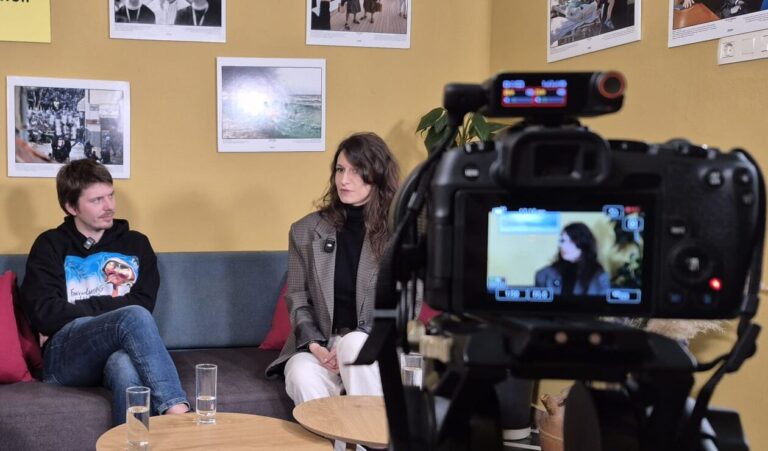The Trade Union of Croatian Journalists and the Croatian Journalists’ Association are following with great concern the news of Al Jazeera Balkans shutting down after 14 years of operation. This decision is not only the end of an important media project but also a severe blow to the entire media landscape of this part of Europe, and a clear signal of how fragile the system of free, professional, and independent journalism truly is.
Al Jazeera Balkans was one of the few media outlets that provided citizens with quality, independent information, investigative journalism, and a regional perspective. Therefore, its closure, formally justified on business grounds, is in reality a democratic loss in societies where media pluralism is weak or non-existent. The closure of an editorial office is an additional erosion of the space for freedom and truth.
Journalists at Al Jazeera were often among the few who had the courage to loudly ask uncomfortable questions to those in power, expose corruption, and speak about crime, injustice, and abuse of power. This decision leaves behind around 250 colleagues who overnight have lost their jobs, their security, and their prospects.
We warn that situations like this can no longer be viewed merely as ordinary business decisions happening somewhere far away, without consequences. This is an attack on workers’ rights, on the livelihoods of entire families, but also on citizens’ right to truthful information. The lack of protection for journalists and media workers is not merely their personal problem—it is a direct threat to democracy. Every professional media outlet that closes, every editorial office that shuts down, and every journalist who leaves the profession because they cannot survive means less truth in the public space and less freedom for all of us.
Responsibility does not lie solely in Doha; responsibility is shared by national governments, the European Union, regulatory bodies, and political actors, because all of them must begin to treat media and journalism as fundamental pillars of democracy.
We demand political will for the adoption and implementation of laws that protect media pluralism and the independence of editorial offices, including mechanisms to prevent sudden media closures without providing at least a minimal social and legal safety net for workers. Media pluralism is impossible without thorough reform of media legislation aimed at strengthening the labour rights of journalists and media workers, including the obligation of employers to provide transparent restructuring plans and fair severance payments. It is urgently necessary to establish funds to support journalists who lose their jobs due to media closures, to prevent their departure from the profession. We call for the creation of a sustainable system of public funding for independent media, ensuring the pluralism of information is guaranteed, free from market and political pressures. This would also promote greater transparency in media ownership and financial flows, allowing citizens to know who controls the information they receive.
We also call on the European Union not to stop at declarations about media freedom, but to adopt concrete, binding mechanisms for the protection of journalists and independent media, especially in countries where media are exposed to political pressures or authoritarian tendencies. This is not just a story about Al Jazeera Balkans.
In Croatia and its neighbouring countries, we have been witnessing, for years, the systematic erosion of media pluralism. Particularly concerning are changes in ownership and management at N1 television, which have consequences for the perception of that outlet’s independence, while in Serbia, political pressures on independent media are intensifying, and the fate of regional channels like N1 hangs by a thread, which could be an additional, possibly final blow to media freedom in that country. The loss of yet another strong, independent regional media voice, after Al Jazeera Balkans, would leave citizens without a crucial source of reliable information and push the entire region deeper into a space of propaganda, disinformation, and captive media.
With sincere and full support for our colleagues at Al Jazeera Balkans, we urge all those responsible—the Croatian Government, European Union institutions, political actors, and media owners—to take urgent and concrete steps to protect media pluralism, journalists’ safety, and the future of professional journalism. This is not a time for declarations and empty words, but for decisive, systematic measures that will ensure journalists can do their jobs in freedom and safety, and that citizens can exercise their right to the truth.
Maja Sever, President of the Croatian Journalists’ Trade Union
Hrvoje Zovko, President of the Croatian Journalists’ Association
14. srpnja 2025.
4 Minute čitanja
The shutdown of the Al Jazeera Balkans newsroom is a new erosion of the space for freedom and truth.



